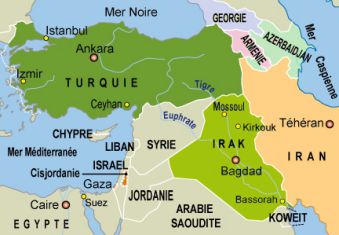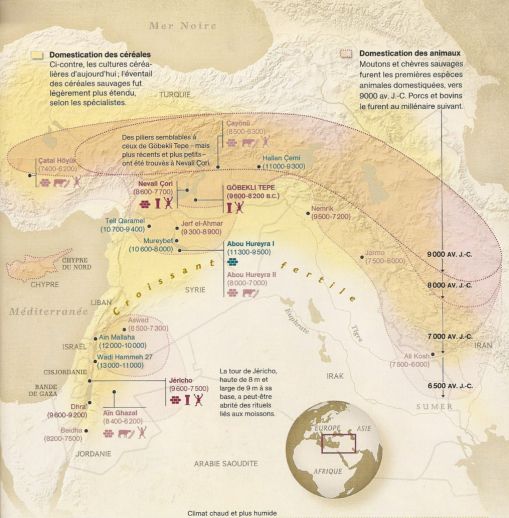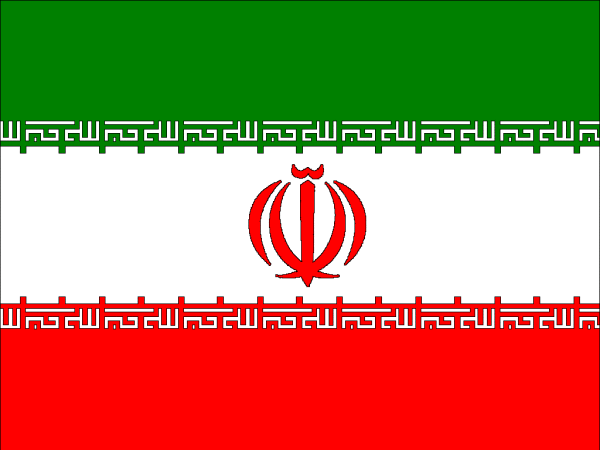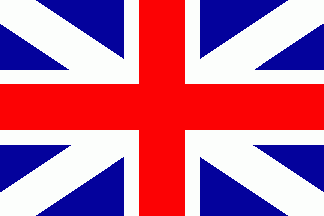Project of "House of shepherd”
in Turkey


- A main centre from which we will create projects for local and durable development, with local shepherds and tourist institutions, and also a place to promote these projects;
- A place for tempory or permanent exhibitions, meetings, conferences, and hosting artistics works, works and academic work by researchers on the various pastoral cultures from the Middle-East and the Mediterranean region
- A library dedicated to these practises and cultures
- A museum with educational aims of informing on shepherds and about the origins of herding in the ancient “Fertile Crescent”
- A place for shepherds to show (and sell) their special products
consumer demand increasing for meat but a permanent decrease of flocks due to decrease of pasture lands, decrease of workers and to the major problem of erosion. So the production is suffering from low yields, from reduced coordination between shepherds and from highly fluctuating prices. We can see a significant risk concerning the permanence and protection of the practices and cultures.
We recommend the need for a re-newed focus on the value and the long-term viability of the Anatolian and Mediterranean pastoral domain and it is our objective with this “House of shepherd”
The Fertile Crescent
National Géographie, France,
n°141, juin 2011

For example, today Turkey has 22 million sheep, husbandry practices ranging from modernity to one of the most emblematic ancient cultures: transhumant, nomadic and semi-nomadic pastoralism. The Turkish sheep industry was located in 2005 at 6th world place for sheep meat and at 3rd for ewe’s milk.
Despite this favourable position and considering that Turkish people are really very attached to milk products from small ruminants and to the special culture from “Yayla” (high plateau), Anatolian sheep breeding is, as in the whole Mediterranean area, difficult:
Our actions
Creation of "Houses of shepherd” in the area north of the ancient Fertile Crescent.
This project is to create “Houses of shepherd” in Turkey, Georgia, Armenia, Azerbaijan, but also in Iraq and Iraqi Kurdistan, and Iran. These centres would be an information centre about pastoral cultures, based on the examples of, and in accordance with, the french Maison du Berger and Maison de la Transhumance . These centres would be a meeting place dedicated to cultural events for the general public and professional sheep farmers. It could be :
Our Objectives
To promote the shepherds’ cultures and practices next to all audiences ( local, national, tourists, scientists, aso…)
To help the shepherds’ communities to secure and increase their activities with respect to human beings, environments and animals
To create tourist and scientific projects concerning the shepherds’ activities,
To connect data networks, local area networks, to keep in touch with other information centres on pastoral cultures in France, Italy and Spain, and with the future centres in the northern part of the “Fertile Crescent” (Turkey, Georgia, Armenia, Azerbaijan, Iraq and Kurdistan Iraq, Iran, …)
Why Houses of Shepherd in this area ?
The shepherds of the Taurus and Zagros, and their traditions, are more than 10 millennia old from the origins in the area north of the ancient Fertile Crescent, a region that undoubtedly witnessed the domestication of sheep about 8000 BC, with pastoralism developing in its wake.
Historically, this territory and the Caucasus mountains further north have been a real exchange and cultural mixing node, but also a passage for people from Asia or Russia. Local breeders today continue willy-nilly their traditional practices despite socio-economic, environmental and difficult.



Photographies de Michael Thevenin









Association Confluence Montagnes Nomadismes et Transhumances